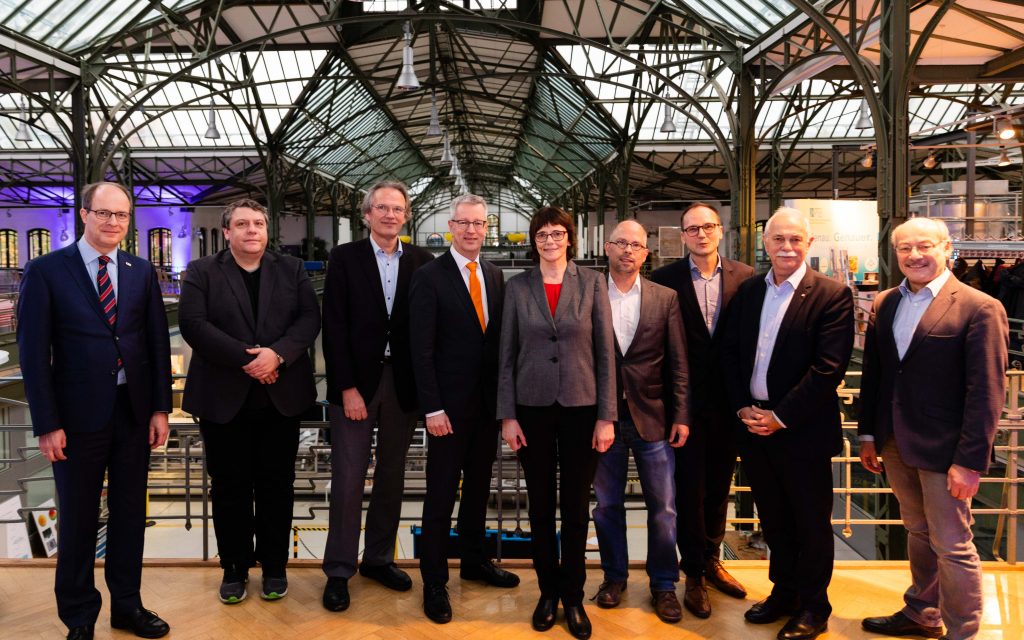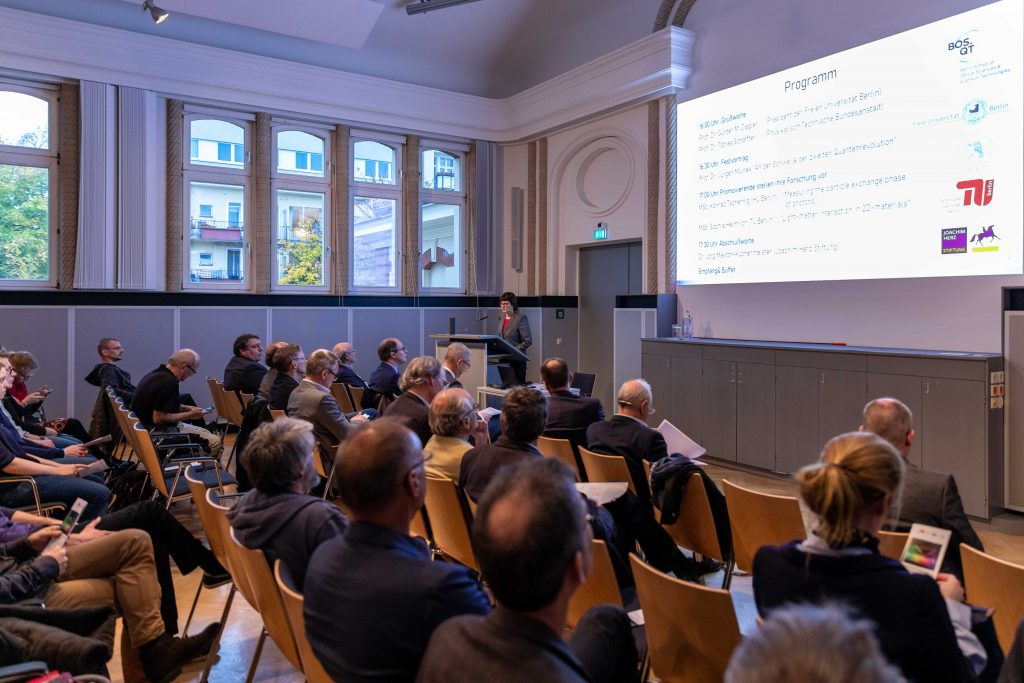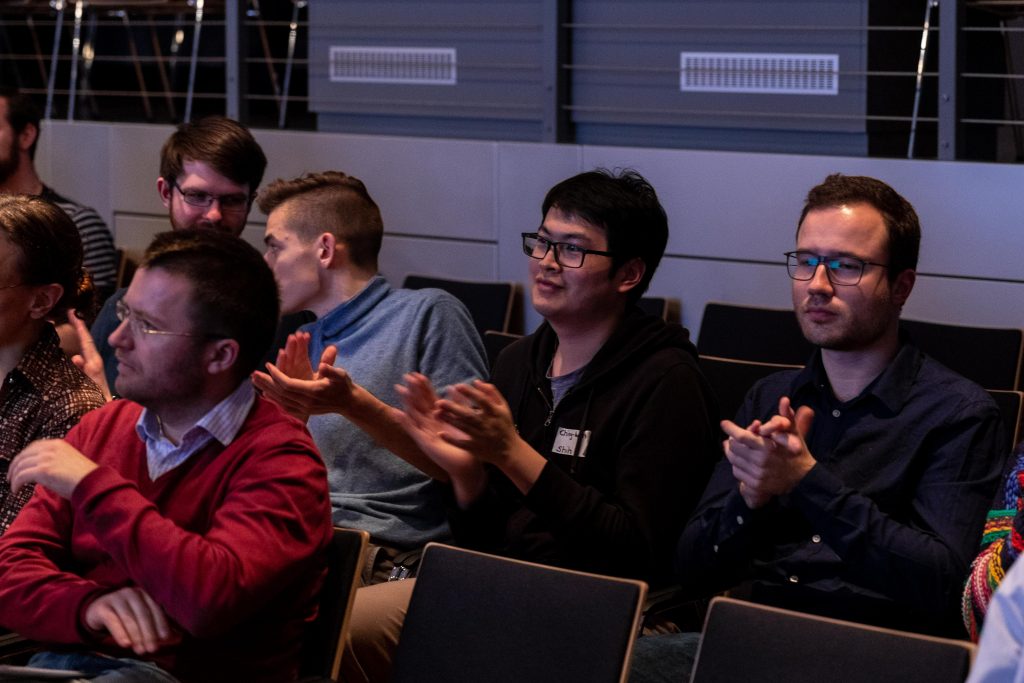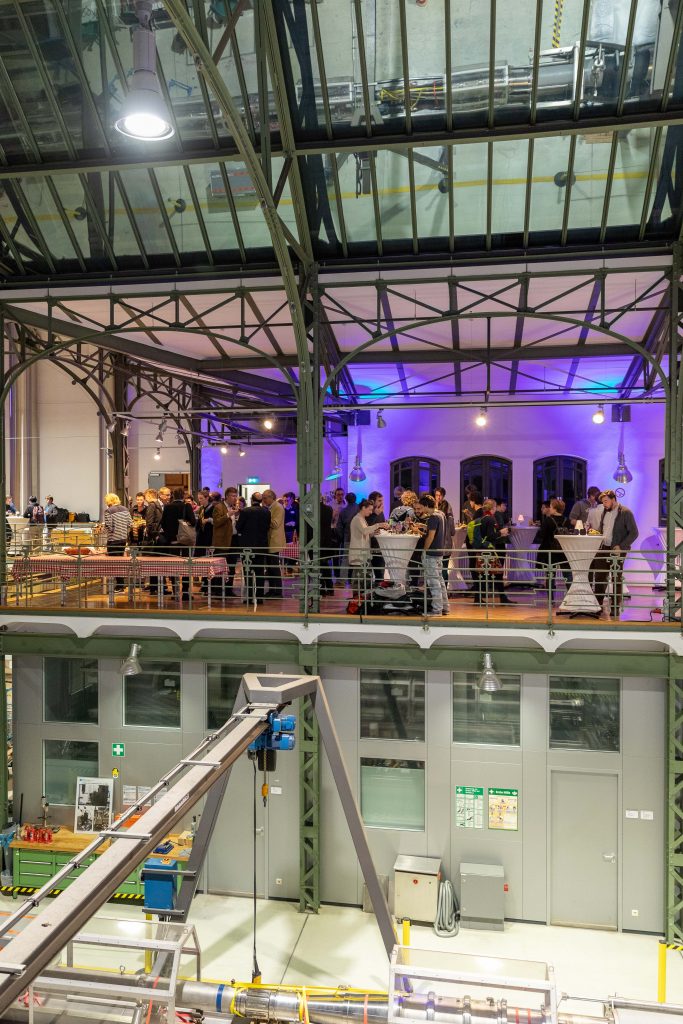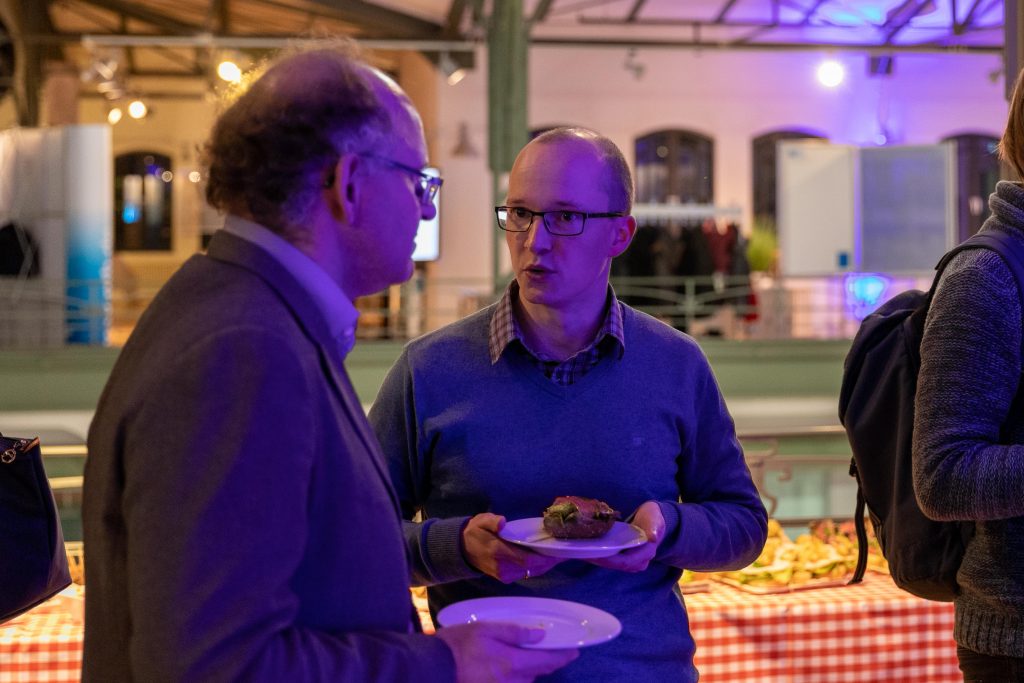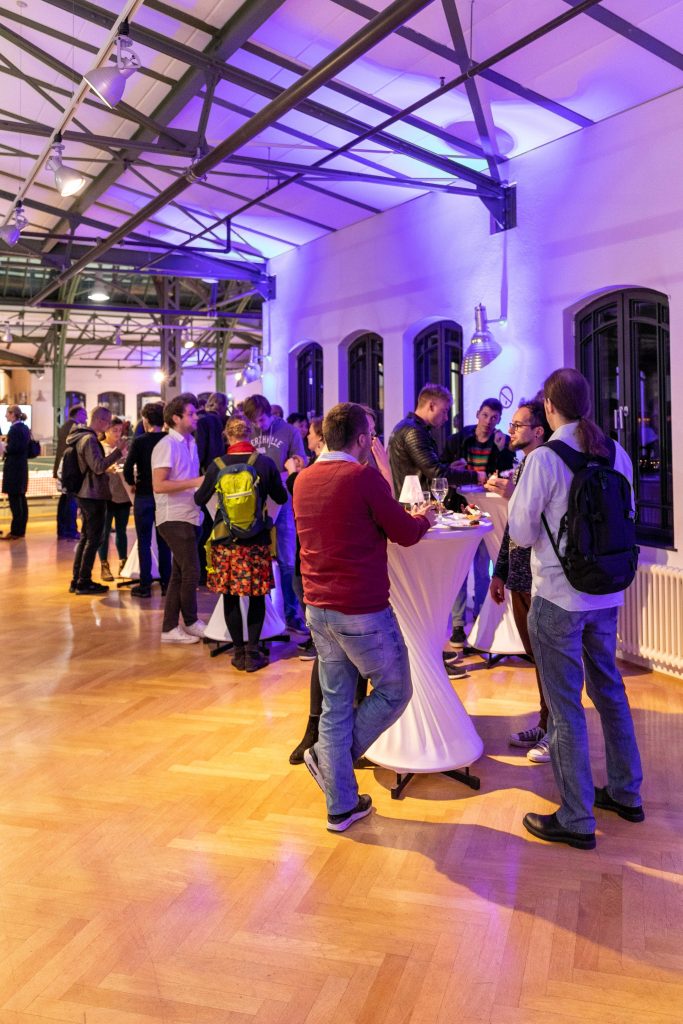BERLIN QUANTUM mentioned in press:
6 June 2025
Article of Tagesspiegel: „Palo Alto in Dahlem? Berlin auf dem Weg zur Quantenmetropole„
BOS.QTs BQ Fellows honoured at BERLIN QUANTUM DAY
2 October, 2024
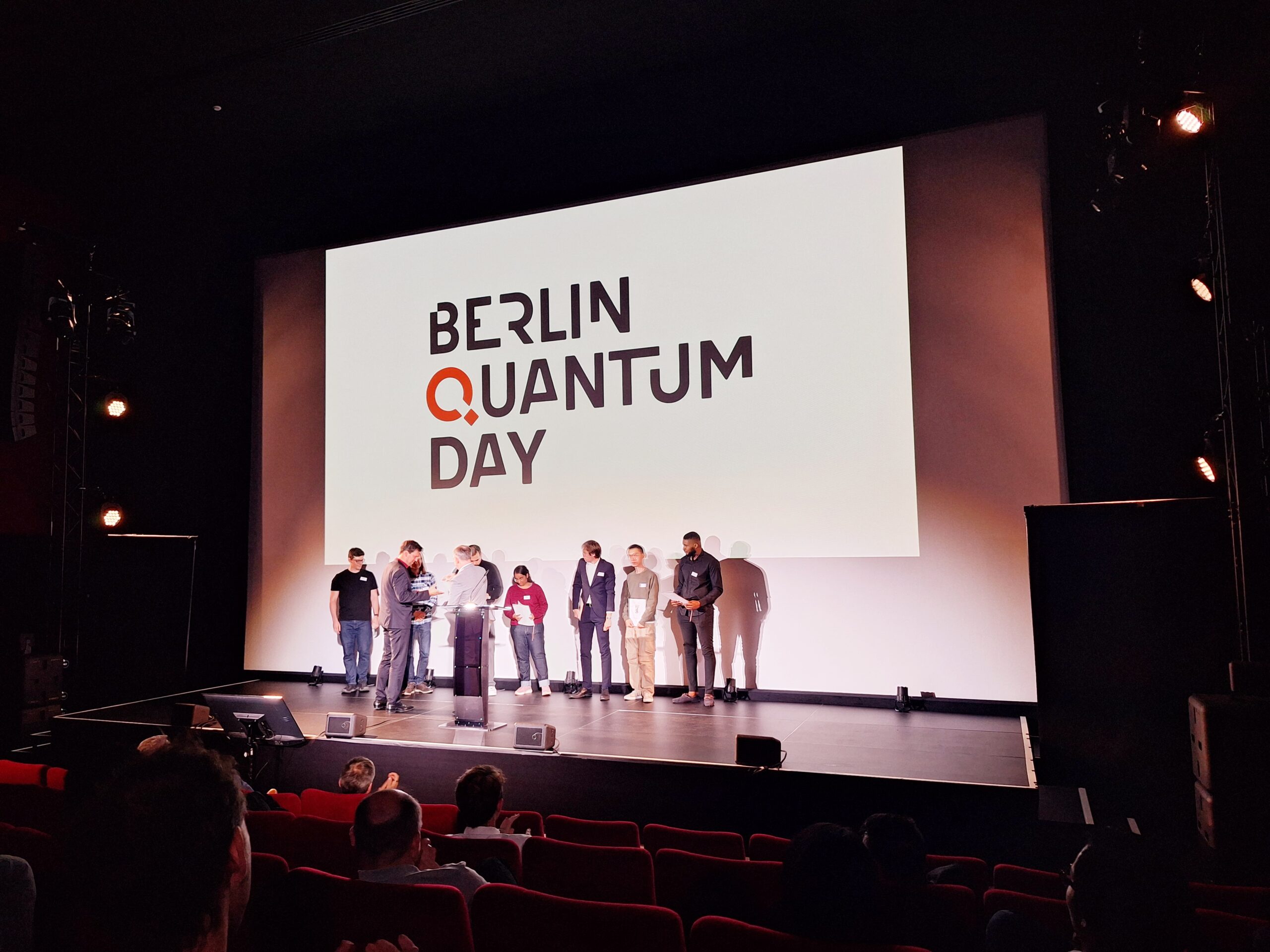
Within the BERLIN QUANTUM initiative, supported by the city of Berlin with € 25 Mio. from the Innovation Promotion Fund, BOS.QT is proud to sponsor seven PhD students.
Our Berlin Quantum Fellows: Lorenz Wanckel, Julian Kristopher Nauth, Amon Ruge, Shachi Machchhar, Šimon Gabaj, Jihao Jia and Dominic Azih received a special honor yesterday evening at the BERLIN QUANTUM DAY 2024, welcomed by president of Freie Universität Berlin Prof. Günter Ziegler. In a festive ceremony the State Secretary for Science and Research Dr. Henry Marx and Prof. Arno Rauschenbeutel presented certificates not only to our BERLIN QUANTUM PhD students but also to 14 Postdoc Fellows, funded by BERLIN QUANTUM as well.
New Chair and New Admissions for BOS.QT
31 October, 2023
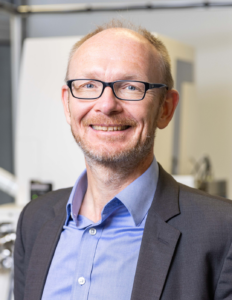
At the BOS.QT Assembly on October 23, the faculty members elected Prof. Stephan Reitzenstein from the Institute of Solid-State Physics at TU Berlin as the new chair for the Berlin School of Optical Sciences and Quantum Technologies. Prof. Reitzenstein succeeds Prof. Ulrike Woggon who started the graduate school in 2019 within the initiative of the Joachim Herz Foundation: “Graduiertenförderung vernetzen”. Together with Prof. Reitzenstein and Prof. Kurt Busch (HU Berlin) as Vice-Chair, BOS.QT will enter the next phase as being part of the Berlin Quantum Alliance, a project funded by the Berlin Senate to support young researchers.
We like to thank Prof. Ulrike Woggon for her dedication to establish the first graduate school of her kind in the research areas of optics, photonics, and quantum technologies. In its fifth year BOS.QT has continuously grown, increased the number of female scientists and the rate of internationality becoming national and internationally visible that also the royal Dutch couple came to visit.
New members
Furthermore, BOS.QT warmly welcomes its new members. With Maria Kalabakov from the working group of Prof. Hendrik Weimer at TU Berlin, we have a new junior PhD speaker who will support senior speaker Gabriela Luna Amador (FU Berlin) and we like to thank Dr. Robert Salzwedel (TU Berlin) for his work as the previous PhD speaker.
Newly admitted members to the BOS.QT faculty are Jun. Prof. Jasmin Meinecke, who started in May 2023 at the department „Experimental Physics with a focus on Photonic Quantum Communication Systems“ at the Institute of Solid State Physics at TU Berlin and Dr. Giacomo Valtolina who just received a European Research Council (ERC) Starting Grant of €1.5 million and researches as the group leader of the „Molecular Quantum Matter group“ in the Department of Molecular Physics at the Fritz-Haber-Institute of the Max-Planck-Society in Berlin.
BOS.QT @ Lange Nacht der Wissenschaft 2023
28 June, 2023
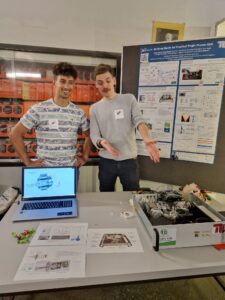
This time BOS.QT was represented at Technische Universität Berlin @ the House of Balance and its researchers have thrilled the audience.
The junior research group of Dr. Tobias Heindel, together with the working group of Prof. Reitzenstein showcased an overview of their research on single photon sources for quantum communication. That is, sources that emit single particles of light that may enable tap-proof communications in the future.
Besides an introduction to the topic, BOS.QT PhD students Daniel Vajner and Lucas Rickert presented a „practical“ plug&play single photon source, which is fixed in a compact Stirling cryocooler and can thus be used in applications without complex laboratory infrastructure as demonstrated in the picture. Furthermore, the Institute for Solid State Physics offered a clean room tour, where visitors could learn about the latest equipment and concepts for structuring semiconductors.
The younger visitors were able to try their hand at redirecting a laser beam, which had to be coupled into a fiber optic cable with the help of mirrors. Another highlight was the live demonstration of how to fabricate and detect two-dimensional layers that are only one atomic layer thick. These can also be used to generate single particles of light.
Next Career Step for BOS.QT Alumnus Sebastian Pucher
2 February, 2023
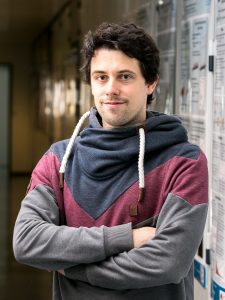
With a successfully completed doctorate at Humboldt-Universität zu Berlin, Dr. Sebastian Pucher is pursuing his scientific career as a PostDoc at the Max Planck Institute of Quantum Optics in Garching in the group of Prof. Immanuel Bloch. He is working now in two labs supervised by Dr. Sebastian Blatt. ln the first lab, they do quantum simulations with ultracold strontium atoms in an optical lattice.
They trap the atoms under a microscope and can resolve individual atoms in the lattice. Depending on the state of the atoms, they are either trapped in one place or can move freely in the lattice, which they exploit for their simulations. In the second lab, they are currently building a strontium lattice clock. “Clocks of this type may soon become the basis for the official definition of the unit of time” says Sebastian and explained that based on their systems, the startup company Planqc was recently founded, and will build, among other things, a quantum computer, illustrating the possibilities and benefits of their experiments.
We wish Dr. Sebastian Pucher all the best for his professional future and are happy to invite him as an alumnus and guest lecturer for future BOS.QT events.
Click here for more information on his working group: http://ultracold.sr
BOS.QT @ Lange Nacht der Wissenschaften
2 July, 2022
BOS.QT participated with a lot of audience with an info booth at the Physics Institute at the Adlershof Campus and a rally for children aged 10 and older representing the working groups of Prof. Oliver Benson, Dr. Tim Schröder and Prof. Stephan Eisebitt.
BOS.QT’s first alumnus wins Lise Meitner Prize and starts new research position at HU Berlin
7 January, 2022
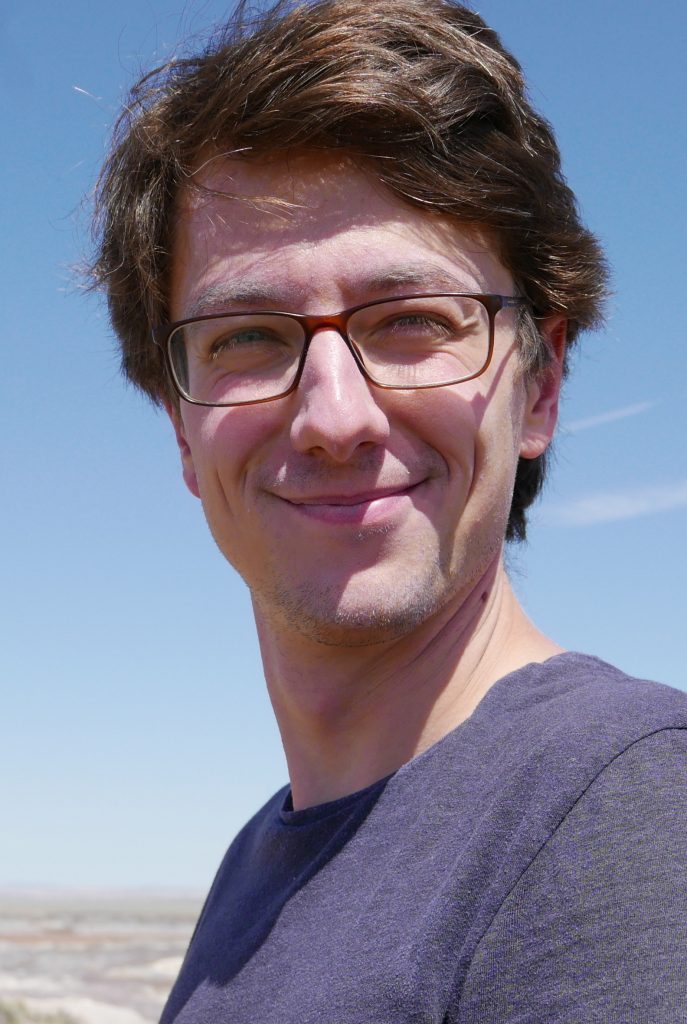
Dr. Daniel Reiche not only successfully completed his doctorate in January 2021, but also received a special honor from the Association of Friends and Sponsors of the Institute of Physics at Humboldt-Universität zu Berlin e.V. (Vereinigung der Freunde und Förderer des Institutes für Physik der Humboldt-Universität zu Berlin e.V.). His outstanding dissertation earned him the 2021 Lise Meitner Award for the Promotion of Young Scientists. Bettina Beverungen was also honored with the best master’s thesis. She has been a member of the BOS.QT since August 2021.
Dr. Daniel Reiche remains in research and since January 2022 has dedicated himself to the numerical modeling of atomic quantum sensors and the exploration of the miniaturization potential in the research group of Markus Krutzik at the Joint Lab Integrated Quantum Sensors of the Humboldt-Universität zu Berlin and the Ferdinand-Braun-Institut. The BOS.QT cordially congratulates the award winners and eagerly follows the next steps of these excellent scientists.
Links:
Lise-Meitner-Prize:
https://www.physik.hu-berlin.de/de/institut/fdp/lise-meitner-preis/liste-der-preistraeger
AG Krutzik:
https://www.fbh-berlin.de/forschung/quantentechnologie/integrierte-quantensensoren
https://www.physik.hu-berlin.de/en/iqs/iqs
BOS.QT Kick-off Meeting, 6 November 2019
The grand opening of the Berlin School of Optical Sciences and Quantum Technologies (BOS.QT) took place on 6 November 2019 at the Physikalisch Technische Bundesanstalt close to the Technische Universität Berlin. Several scientists, doctoral students and persons involved within the BOS.QT attended the kick-off meeting.
The event was opened by Prof. Dr. Ulrike Woggon, chairperson of BOS.QT. She underlined the role of the school as a connecting element of existing structures that provides young researchers with fascination science and creative leeway to initiate unusual scientific questions, enable original solutions, and acquire skills beyond scientific education.
Within his welcome speech, Prof. Dr. Günter Ziegler, president of Freie Universität Berlin and spokesman of the Berlin University Alliance, emphasized the significance to boost and network young academics as basis for the future technology development. He also pointed out the particular role of the BOS.QT within the Berlin University Alliance as connecting network between the cooperating universities.
Prof. Dr. Tobias Schäffter, Physikalisch Technische Bundesanstalt Berlin, highlighted the importance of research in the area of the seminal optics and quantum technologies especially for the Berlin area.
In his lecture, Prof. Dr. Jürgen Mlynek spoke about superposition and entanglement as a basis for the second quantum revolution and provided an overview of the future-paving goals of the European Quantum Flagship, complemented by an outlook to the German research landscape and how it can benefit for this and future international initiatives. He emphasized the importance of the young BOS.QT-academics who are expected to contribute and promote the second quantum revolution.
Dr. Maxton-Küchenmeister, Joachim-Herz Stiftung, underlined the growing importance to connect existing structures and the unique role and chance of the BOS.QT as a graduate school with a technical background within the Berlin research landscape.
Finally, two Ph.D students presented their work. Konrad Tschernig just started his doctoral work and talked about his plans to tailor non-classical states of light for applications in quantum information processing. Sophia Helmrich almost finished her thesis and gave an overview of her results concerning light-matter interactions in 2D Materials and what it means to be part of a graduate school.
The come-together closed the event with lots of discussions and fruitful conversations.
